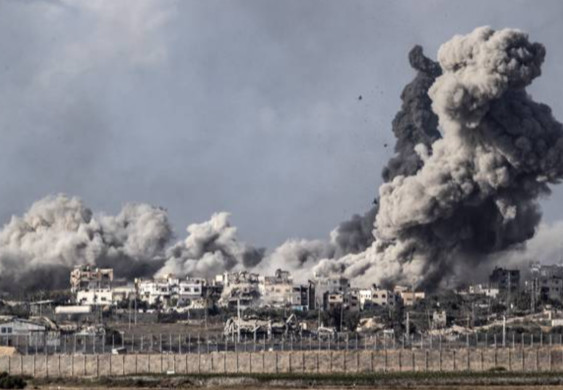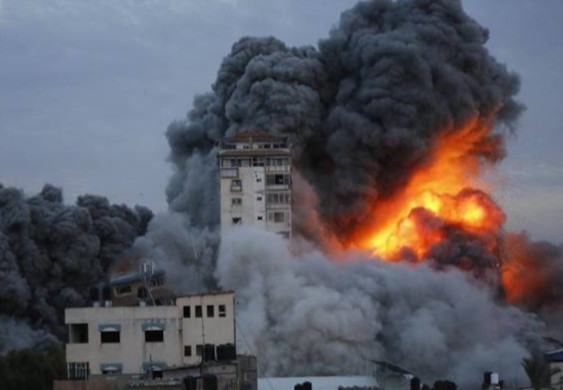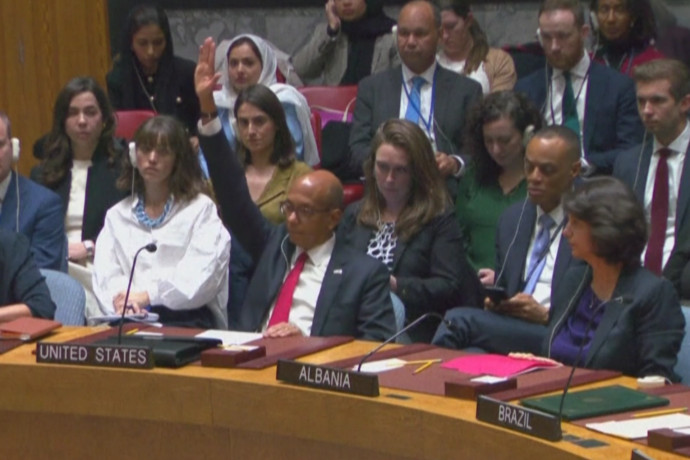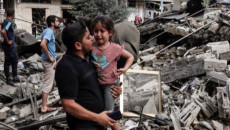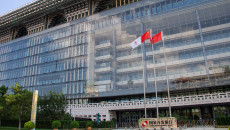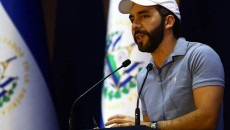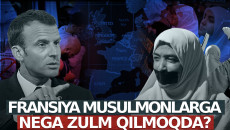IISS: In 2023, there were 183 regional conflicts in the world
2023 was a record year for wars: 183 regional conflicts were recorded in the world. This is the highest indicator since 1993 , reports the British Institute for International Strategic Studies ( IISS ).
According to the report of the organization, the number of victims has increased by 14% compared to 2022, and the number of cases of violence has increased by 28%.
This trend "indicates that the situation in many parts of the world is increasingly problematic in terms of humanitarian needs, stability and reconstruction".
The influence of the UN is declining
The institute also points to the decline in the UN's influence. In the Security Council, countries veto each other's resolutions - this does not allow for a clear general decision. In particular , the USA blocked the ceasefire resolution between Israel and Palestine at the beginning of December.
Activation of non-state armed groups
The IISS notes in its review that the rise of non-state armed groups (NGOs) with complex and overlapping objectives, external interference and intractability in the face of accelerating climate change are characteristic features of the current global conflict landscape. In particular, as the legitimacy of states deteriorates, the role of NQGs as parties to the conflict and as political players is increasing.
Between 60 and 80 million people worldwide live in quasi-states controlled by NQGs. For example, Al-Shabaab in Somalia, Taliban in Afghanistan, ISIS in Syria and Iraq, Boko Haram in Nigeria, Revolutionary Armed Forces of Colombia (FARC) in Colombia, and others have gained great influence in the territories under their control using various means and resources.



